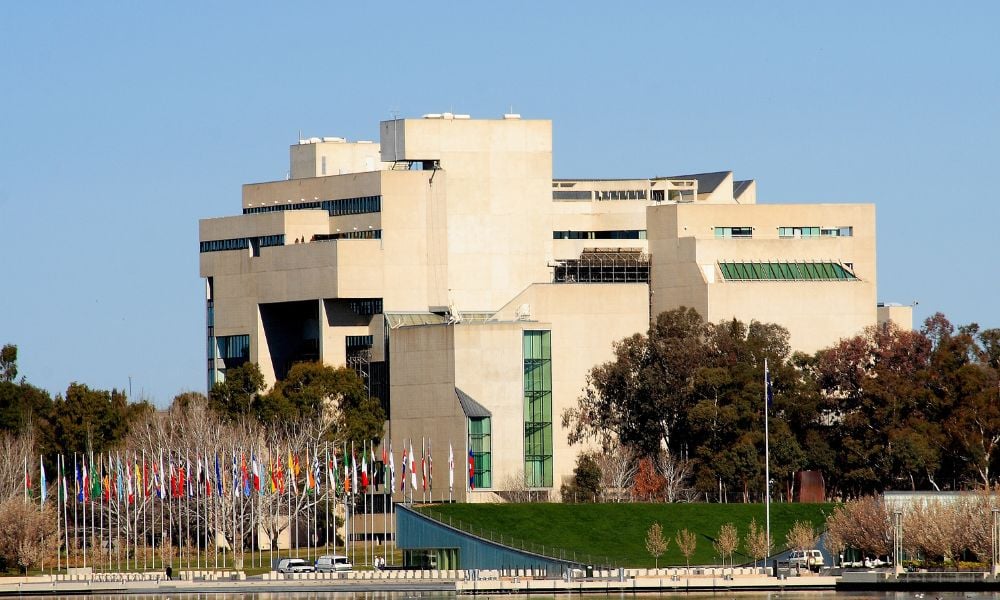
Costs order in law firm's favour entitle it to obtain recompense in this case, court says

In a case focusing on costs sought for work undertaken by employed solicitors of an unincorporated law firm, the High Court allowed the appeal and found error on the part of the appeal court’s majority.
The respondents in this case were the only remaining partners of Atanaskovic Hartnell, an unincorporated legal practice. The appellants, on the other hand, were former clients.
In 2018, before the NSW Supreme Court, Atanaskovic Hartnell made a claim for the recovery of fees and disbursements for legal services rendered to the appellants in proceedings where one of the respondents was the solicitor on the record.
In 2019 and 2020, the Supreme Court judge upheld most of Atanaskovic Hartnell’s claim and awarded it the amount of $943,912.15 plus interest. Costs orders issued in 2020 directed the appellants to pay Atanaskovic Hartnell’s costs of the proceedings assessed on the ordinary basis until a specified date in 2019.
In 2022, Atanaskovic Hartnell applied under NSW’s Legal Profession Uniform Law Application Act 2014 for an assessment of costs. It asked for costs of $500,408. This amount included $305,463 for professional fees, limited to work done by its employed solicitors and excluding work done by the respondent or any other partner.
Upon a referral to a costs assessor, the assessor refused the appellants’ request to determine the preliminary issue of whether Atanaskovic Hartnell was entitled to claim professional fees for work done by its employed solicitors. Thus, the appellants brought further proceedings against Atanaskovic Hartnell’s current partners and the assessor before the NSW Supreme Court.
A second Supreme Court judge declared that the current partners were not entitled to recover the ordered costs for work done by the employed solicitors of their firm. The second judge considered United Petroleum Australia Pty Ltd v Herbert Smith Freehills indistinguishable from this case and correct in principle.
In the cited case, which was a ruling of the Court of Appeal of the Supreme Court of Victoria, the justice found a litigant law firm not entitled to recover costs of work done by its own employed solicitors.
On appeal by Atanaskovic Hartnell, a majority of the Court of Appeal of the NSW Supreme Court allowed the appeal, set aside the second judge’s declaration and related orders, and dismissed the further proceedings with costs. The majority deemed United Petroleum distinguishable by reference to the different statutory context in Victoria.
In Birketu Pty Ltd v Atanaskovic [2025] HCA 2, the High Court of Australia found error in the decision of the Court of Appeal’s majority. The High Court’s decision mentioned the general rule, which was that a self-represented litigant could not obtain any recompense for the value of their time spent in litigation.
One exception – known as the in-house solicitor rule or the in-house lawyer rule – allowed a litigant represented by a lawyer employed by the litigant to obtain recompense for the lawyer’s legal work on the litigant’s behalf. Another exception, known as the Chorley exception, permitted a self-represented solicitor to obtain recompense for the solicitor’s legal work performed on their own behalf.
Under the ruling in Bell Lawyers Pty Ltd v Pentelow, if a partner in an unincorporated law firm represented the firm in litigation against a former client and if the firm succeeded in the litigation and procured a costs order in its favour, the costs order did not entitle the firm to obtain recompense for the partner’s legal work.
An issue that arose, upon which intermediate courts of appeal were divided, was whether the costs order would entitle the firm to obtain recompense for legal work performed by an employed solicitor of the firm.
In this case, the High Court ruled that a costs order in favour of an unincorporated law firm entitled the firm to obtain recompense for legal work performed by an employed solicitor of the firm. As the solicitor on the record in the proceeding was a partner of the unincorporated law firm, that partner was conducting the proceeding as the client, the High Court explained.
The High Court found no lawyer-client relationship between the partner and the unincorporated law firm. Neither was it found between the employed solicitors of the unincorporated law firm performing legal work under the supervision and direction of the partner as the client and the unincorporated law firm.
The High Court concluded that the facts did not fall under any conception of the in‑house solicitor rule but did fall within the Chorley exception, which no longer formed part of Australia’s common law.